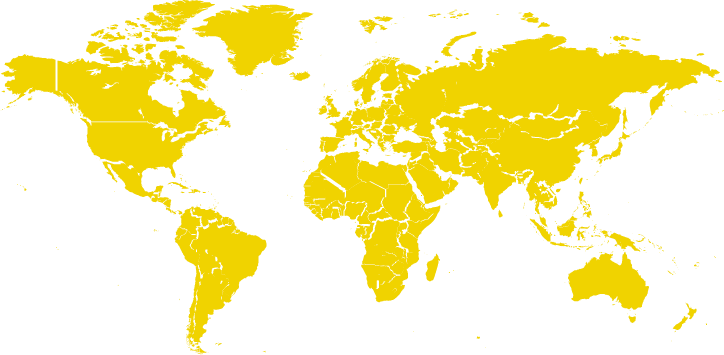In an open letter to the agency’s partners, Bachelet noted the organization’s success in the last year. UN Women, the United Nations organization dedicated to gender equality and the empowerment of women, now has a presence in 75 countries.
The group has trained 252 women from Africa and Asia as mediators in conflict resolution, and has pushed for greater funding for women’s programs across the United Nations system – tripling levels of spending on gender equality and women’s empowerment to at least 15 percent of post-conflict programming funds, and devoting at least 40 percent of employment opportunities in post-conflict programs to women.
Following 2011’s transformative experiences in Egypt, Tunisia and other nations, UN Women’s Trust Fund for Gender Equality has also provided $4.8 million to advance women’s participation and empowerment in the Arab world.
Yet Bachelet also noted that while women leaders continue to receive recognition – with the 2011 Nobel Peace Prize going to Ellen Johnson Sirleaf and Leymah Gbowee of Liberia and Tawakkol Karman of Yemen -- women still make up less than 10 percent of world leaders and less than one in five members of parliament.
“Women who call for peace and democracy are often excluded from political negotiations and, in the worst cases, suffer human rights violations,” Bachelet writes. “There can be no peace when women are excluded from peace talks and suffer sexual violence during and in the aftermath of conflict.”
Bachelet also called for greater attention to the need to end violence against women and girls. UN Women issued a 12-step agenda to prevent, protect and provide services to end violence against women in 2011. The agency also managed the UN Trust Fund to End Violence Against Women, though Bachelet noted only 5 percent of submitted proposals have received funding so far.
“Violence against women and girls is not just a women’s issue,” Bachelet says. “It diminishes each and every one of us. Change is possible, and we need to take stronger action to end this pervasive human rights violation.”
In keeping with her organization’s global approach, Bachelet noted that changes that benefit women tend to improve conditions for everyone.
The World Economic Forum reports that greater gender equality correlates positively with per capita gross national product, while the UN Food and Agriculture Organization has found that giving women farmers the same access as men to seeds and tools could raise national yields by up to 4 percent, reducing the number of hungry people in the world by 100 million.
“Women’s empowerment and gender equality are not only goals in their own right,” Bachelet says. “They are also critical means to an end: economic and social progress that is just and sustainable.”
